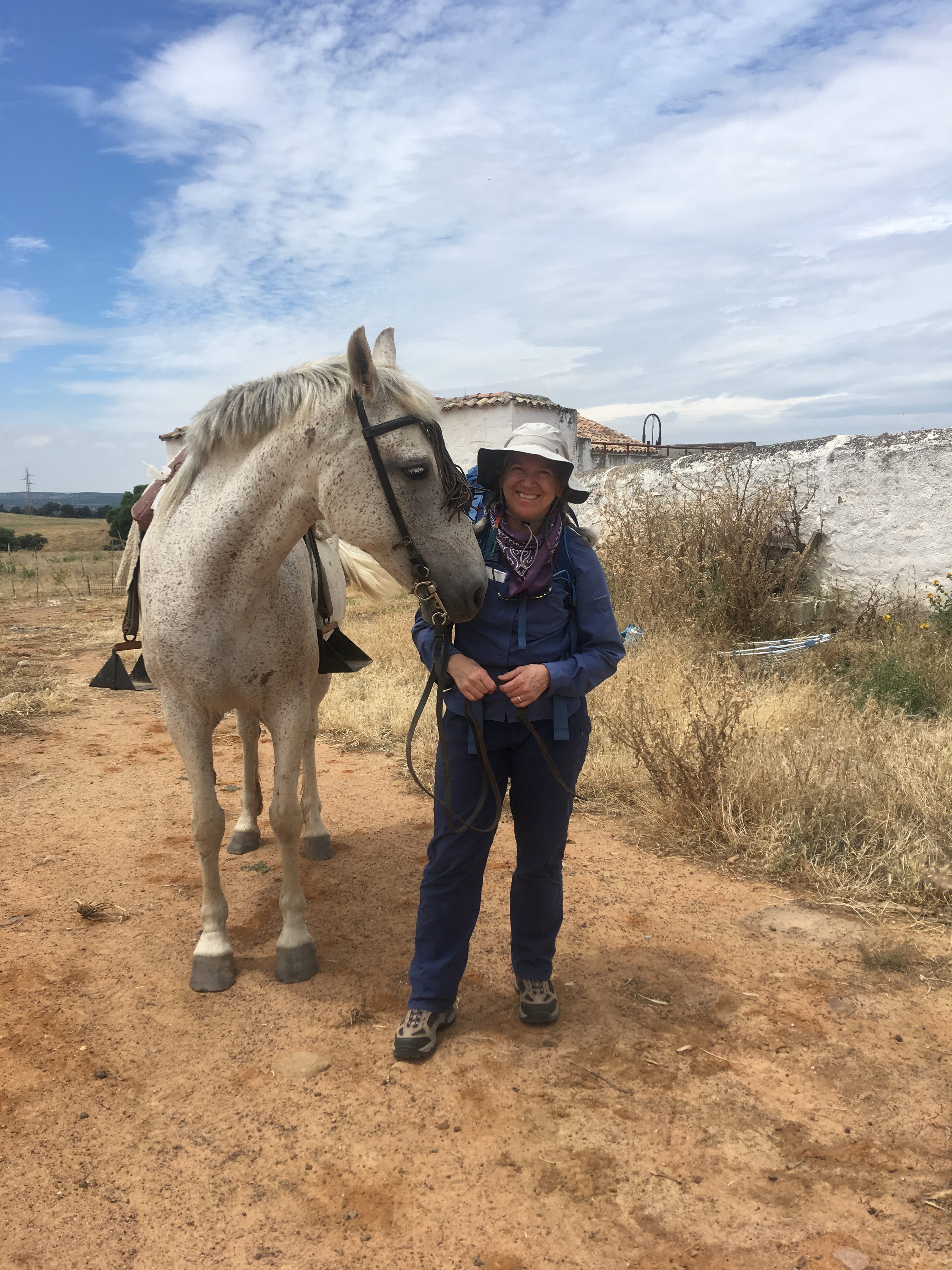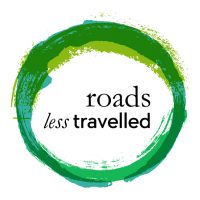Researching Traditional Ecological Knowledge
There is an emerging shift towards the perception of ecology as a dynamic and questioning discipline that pushes the boundaries of how nature conservation is conventionally thought of. Humans – with all their cultural diversity – are an integral component of eco-systems and there are strong links between the conservation of traditional cultural practises and the protection of nature. Based on the understanding that their own survival and that of future generations depends on natural resources, the Traditional Ecological Knowledge (TEK) of mobile pastoral communities holds a wisdom that has emerged from their experiences accumulated over thousands of years.
Mobile pastoralists have a rich body of knowledge related to the landscapes they live in, ecological processes, plant species and rangeland vegetation dynamics, and other wildlife populations and the changes affect them. This knowledge is an important source of information that complements conservation research & planning, moving towards a more holistic understanding of rangeland ecosystems.
In Spain, transhumance has a long history that dates back to the Neolithic period. Despite there existing numerous records regarding historical transhumance practices and communities’ TEK, several knowledge gaps remain including documentation of present-day transhumant pastoralists’ traditional knowledge, and detailed ethnographic accounts of the current reality of the practice told through the voices of transhumant herders.
In order to address these gaps we are conducting a scientific study in collaboration with Center for Collaborative Conservation. Led by María Fernández-Giménez, the research is based on participant observation of transhumant movements alongside in-depth interviews with current and former transhumant herders.

Dr. María E. Fernández-Giménez is Professor of Rangeland Social-Ecological Systems in the Department of Forest & Rangeland Stewardship at Colorado State University (CSU) and Research Director for the Center for Collaborative Conservation at CSU. Her research focuses on rancher and pastoralist decision-making and its ecological, social and economic outcomes; community-based management; integration of science and local/traditional knowledge; climate change adaptation; pastoral policy; and participatory, transdisciplinary research that engages resource users, managers and policy-makers as partners in the research process. Geographically, her research centers on Mongolia, the western US and Spain. She has published over 70 peer-reviewed papers, edited a book on community-based rangeland management in China and Mongolia, and received awards from the international Society for Range Management and the Government of Mongolia, among others, for her transformative transdisciplinary research with pastoralists and ranchers. In 2018-2019 María will be joining Spanish and Moroccan herders on their seasonal migrations to document their traditional knowledge in use. This research is supported by The Road Less Travelled Project and a Fulbright Global Scholar award.
